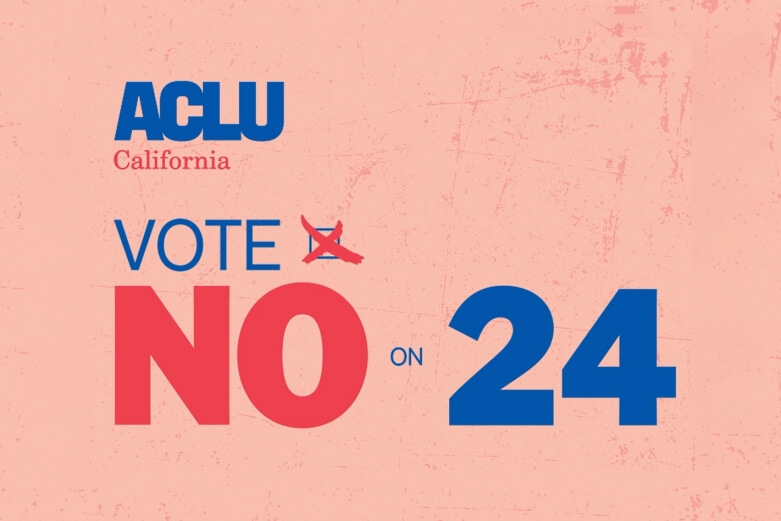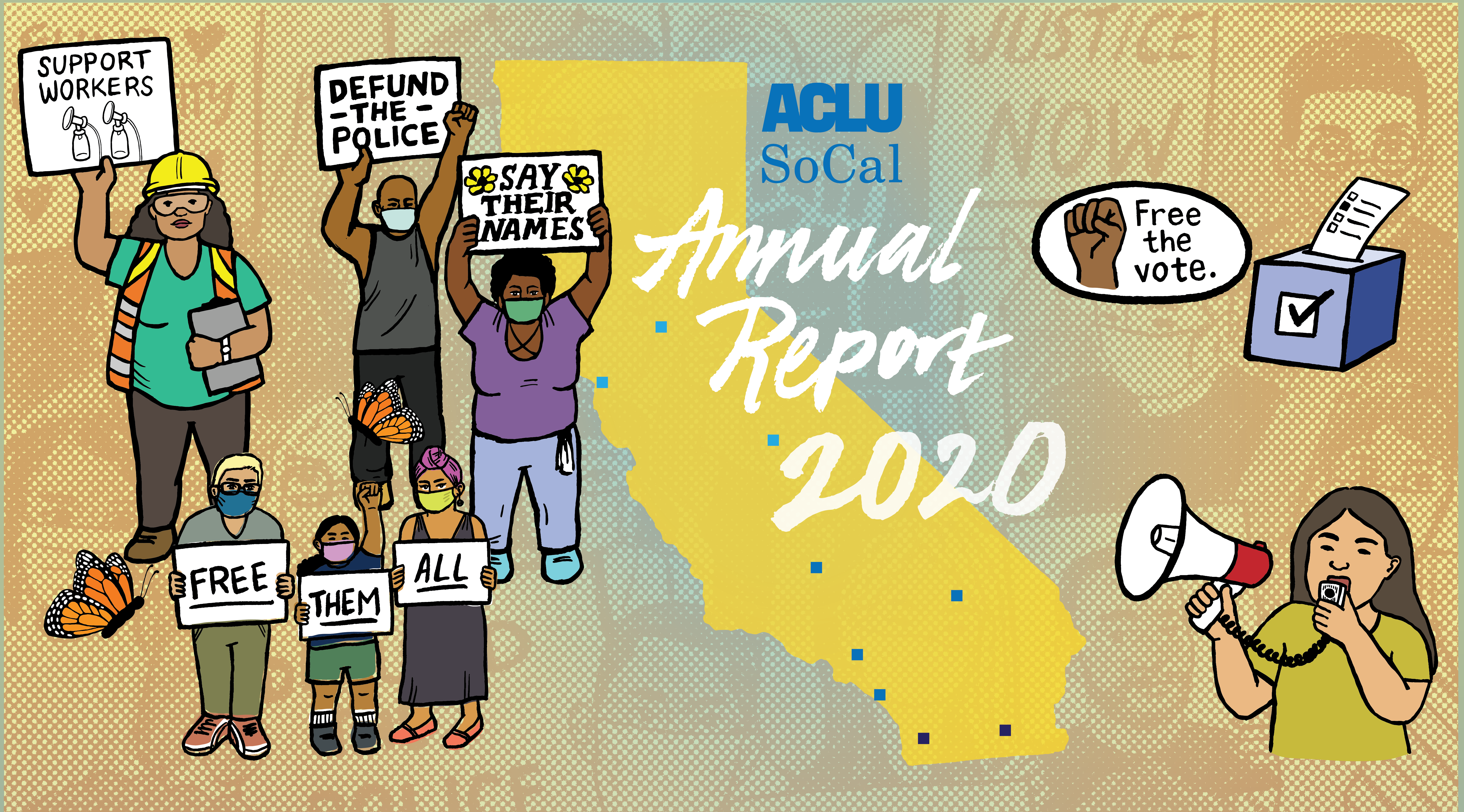Let’s get one thing clear: property taxes are a race issue.
The city and state require landowners to pay property taxes, which directly fund social services like schools and mental health services. Property tax rules are controlled by the state and have historically been a contested issue. Property taxes are on the ballot again in this year’s election as the Schools and Communities First Initiative, and it comes at an important time in California’s history.
In 1978, business interests completely overhauled the property tax code in order to protect their long-term finances. Proposition 13 created property tax loopholes, which dramatically reduced the amount of funding for schools and other essential services.
Since then, corporations have not contributed fairly to public society, and communities of color have suffered as a result. According to a Public Policy Institute of California (PPIC) survey conducted in 2018, 57% of Californians say that Proposition 13 was ‘mostly’ a good thing but only 39% of African Americans held that view. Passing Proposition 15 will not only start to fix the effects of Proposition 13, but California can begin to restore the damage that resulted from decades of disinvestment in our communities.
Over the past 40 years, Proposition 13 has caused whole communities and schools to see a drastic drop in funding, and people of color have felt the consequences.
People like me, people like my family, people who depend on the public education system — we have felt the consequences.
As a Mexican-American son of a single, immigrant mother, I have learned firsthand about inequality in our society. I have experienced oppression in my education when I was limited to applying to under-resourced schools. Once admitted, I was not even aware that I was being disadvantaged by an education system that had been bankrupted by wealthy corporations.
Throughout my education, I changed schools, starting from Toluca Lake to Celerity Palmati, and eventually graduating from Granada Hills Charter High School. I was able to experience how wealth differs from school to school and how that has a direct effect on the quality of education received by students.
A family with higher economic flexibility and more wealth has the freedom to take their children to “better” schools, or has the freedom to live in “better” neighborhoods. And the ones who get the short end of the stick are families without that flexibility. Statistics show that those families are Black and brown families. My family.
I developed resentment toward the world. I was angry. As a community we all have a responsibility to uplift and protect one another by combating societal problems that have been caused by selfish people pursuing wealth, power, and ego.
I began to question: were the odds set against my family and me?
I now know they were.
This shouldn’t be normalized. This shouldn’t just be regarded as the “the way things are.” We have to stand up against corporate greed, against corruption, against prejudice and social injustices. We have an opportunity now to make education better in all schools, and it starts when we vote Yes on Prop 15.
Date
Friday, October 30, 2020 - 2:45pmFeatured image

Zaid Diaz-Arias

